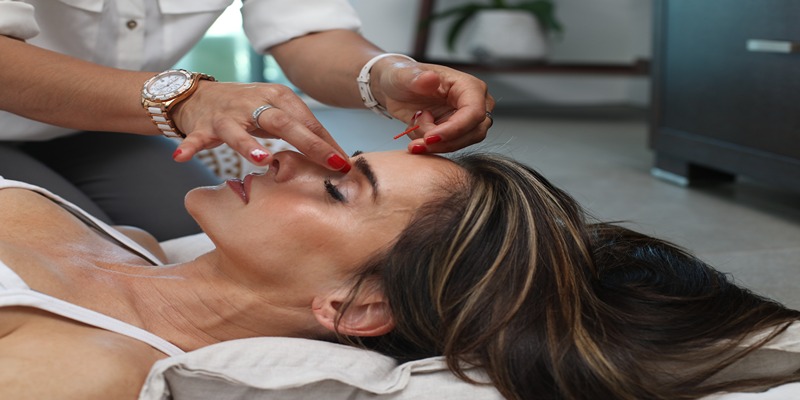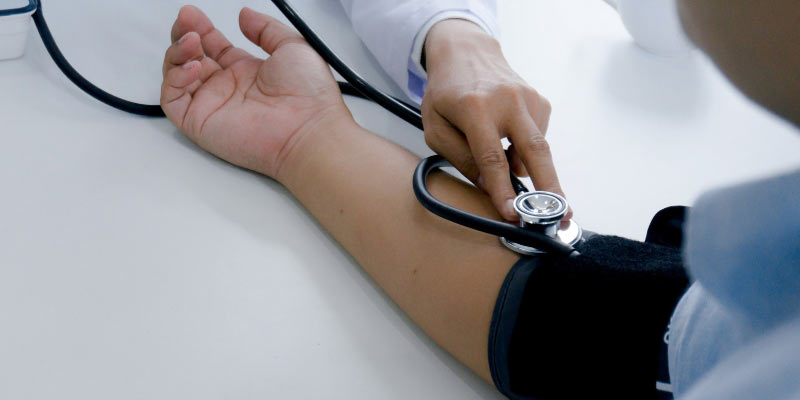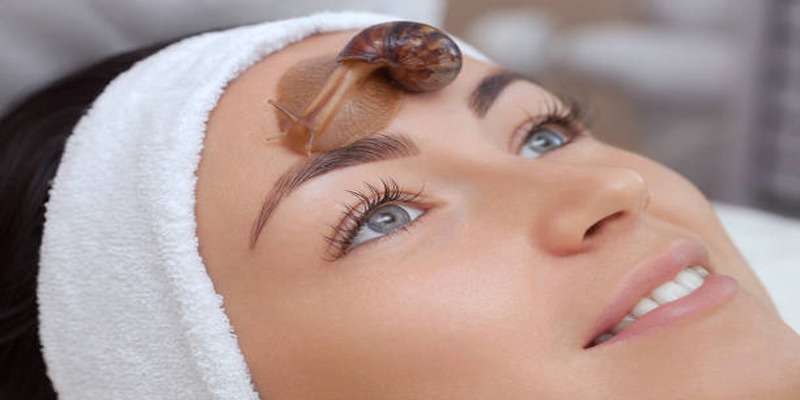Key Skin Conditions: Identifying Symptoms and Treatments
Dec 11, 2023 By Nancy Miller
People tend to ignore their skin's health until something goes wrong, despite the fact that it's an important part of overall wellness. The skin is the body's biggest organ and the first thing people notice about their health, so it's important to be aware of the many skin problems. It helps make vitamins, controls temperature, and protects against harmful environmental factors and infections. Misdiagnosis, postponed treatment, or even worsening of the problem could result from a lack of knowledge about skin disorders. Timely intervention, made possible by early symptom detection, has the ability to avert more severe consequences. Knowing the possible health hazards linked with different skin disorders is a part of this knowledge, which goes beyond just cosmetic concerns. Acne, eczema, and melanoma are just a few examples of frequent skin problems; it's crucial to be knowledgeable about the signs, causes, and treatments for these and other serious illnesses. Therefore, the purpose of this article is to improve knowledge about skin problems by stressing the need for early symptom recognition and investigating effective treatment approaches. This will enable people to play an active role in preserving their skin health.

Understanding Skin Conditions Awareness
The Significance of Early Detection
The key to successful management and treatment of skin disorders lies in early diagnosis. It is possible to manage or even cure many skin problems with early diagnosis and treatment. Complications including infections, scars, or even systemic health problems may develop from untreated illnesses if not caught early. For example, the likelihood of a successful therapy for skin cancer is greatly enhanced when caught early. A person's life may be saved by keeping a close eye on their skin and being alert to any changes, such as the emergence of new moles, alterations to existing moles, rashes, or chronic itching. Additionally, fewer severe therapies are often necessary with early discovery, which reduces physical suffering and mental stress.
Common Misconceptions about Skin Conditions
Skin disorders are often stigmatized or treated incorrectly due to the many misunderstandings around them. Everyone thinks skin issues are only superficial and don't need medical treatment, but that's not always the case. This misconception could cause people to put off getting treatment for minor ailments that might be signs of more serious health problems. Many skin diseases, such as psoriasis and eczema, are not communicable, which is another common misunderstanding. Those impacted may experience needless emotional suffering and social exclusion as a result of this misperception. On top of that, some people think that home medicines or those made from natural ingredients are infallible. Of these, some may alleviate symptoms, while others can make them worse. Realize that everyone's skin is different and that solutions that help some may aggravate others. In order to treat skin diseases properly, it is vital to dispel these myths.
Identifying Skin Condition Symptoms
Recognizing Early Signs of Common Skin Conditions
Subtle but noticeable changes may appear on the skin as an indicator of impending skin problems. For example, acne, which mostly affects regions like the back, chest, and face due to the high concentration of oil glands, usually appears as inflammatory pimples, blackheads, or whiteheads. The red, itchy skin of eczema often shows up in the folds of the knees, elbows, or neck. The scalp, elbows, and knees are typical areas where psoriasis manifests as red patches encased in thick, silvery-white scales. Facial redness and the development of tiny, pus-filled pimples are symptoms of rosacea, another prevalent skin disorder. The appearance of new moles or changes to existing moles, such as an uneven border, change in color, enlargement, or asymmetry, are early indicators of melanoma, a deadly kind of skin cancer. Timely and effective treatment may greatly improve results for many skin disorders, therefore it's vital to recognise these early indicators.
Differentiating Between Similar Skin Symptoms
One of the most important parts of diagnosing skin diseases is learning to distinguish between symptoms that are otherwise identical. For instance, psoriasis and eczema both produce red, itchy areas of skin, but psoriasis patches tend to be drier and more cracked than eczema patches, and psoriasis patches are thicker and covered with a silvery scale. Both acne and rosacea cause redness and pimples on the face, but rosacea tends to affect only the center of the face and has visible blood vessels, whereas acne is more common and may have both whiteheads and blackheads. While contact dermatitis and allergic responses might manifest similarly to other skin disorders, they often manifest in the same places where the allergen or irritant was first encountered. It is important to carefully observe the symptoms, where they are located, and how they are progressing in order to differentiate between various disorders. Additionally, it is helpful to examine personal and family medical history. In order to differentiate between illnesses that present similarly, a professional diagnosis may be necessary to guarantee the right course of therapy. Accurate diagnosis and efficient therapy of different skin disorders are aided by an understanding of these subtleties.

Over-the-Counter Solutions for Skin Conditions
There is a wide selection of convenient and effective over-the-counter (OTC) remedies available for many common skin disorders. Products containing salicylic acid or benzoyl peroxide are used in acne treatments because they assist to decrease oil production and unclog pores. Moisturizers and lotions formulated with ceramides or hyaluronic acid may help alleviate dry skin problems and eczema by increasing the skin's natural ability to retain water. Minor skin irritations and rashes may be effectively relieved with anti-itch lotions containing calamine or hydrocortisone. Nevertheless, keep in mind that over-the-counter remedies work best for moderate to mild symptoms and should be used precisely as directed to prevent any negative side effects.
Conclusion
Important steps towards achieving optimum skin health include raising awareness of skin disorders, learning to recognise the signs of these diseases early, and being familiar with the range of treatment choices available. Making well-informed decisions may result in better management and better results, whether it's using over-the-counter treatments for small ailments or seeking expert medical guidance for more serious diseases. This all-encompassing method gives people the tools they need to improve their skin health, which in turn improves their health and quality of life by preventing and treating a variety of skin disorders in a timely manner.

Wave Goodbye to Wrinkles: Anti-Aging Massages for Immediate Effect

Embarking on a Journey Towards Successful Weight Loss

Coffee's Health Advantages - A Global Beverage Phenomenon

Elevate Your Leg Day: Effective Hamstring Exercises You Might Be Missing

5 High-Calorie-Burning Workouts Better Than Running

Exploring the Potential of Mushrooms in Managing High Blood Pressure

Why You Shouldn't Dismiss Snail Slime for Flawless Skin


